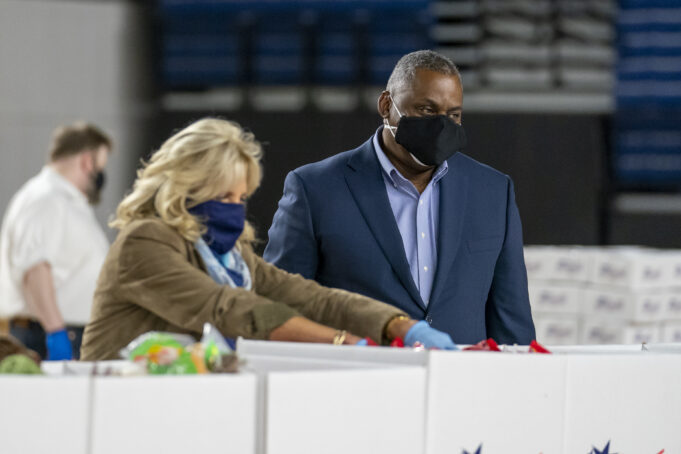In recent days, President-elect Joe Biden has been following through on his “promise” to repay the debt owed to African American voters by naming Blacks to his Cabinet and senior administration positions. Biden, political pundits and elections experts credit the Black electorate for powering the Biden-Harris ticket to the White House.
Mr. Biden said during his acceptance speech, days after the Nov. 3 presidential elections, that Black folks had his back, and he would have theirs. Among his recent choices for key posts: Ohio Congresswoman Marcia Fudge is slated to become the next Secretary of Housing and Urban Development; Retired four-star Gen. Lloyd Austin was named to become the first Black Secretary of Defense; former UN Ambassador Susan Rice will be Mr. Biden’s domestic policy advisor; and veteran diplomat Linda Thomas-Greenfield will serve as the U.S. ambassador to the United Nations.
While these picks appear to have the general support of Marc Morial, the Rev. Al Sharpton, Vanita Gupta and the other leaders of the legacy civil rights organizations, there are those—particularly progressives and supporters of a radical progressive agency—who are unimpressed by Biden’s choices. They argue that real and substantive change won’t come by the Biden administration merely selecting Black faces but from a commitment to confront anti-Black racism.
“For Black people to get the return of what we’ve proven, there would need to be a real commitment to systemic change,” said noted Human Rights attorney Nicole Lee. “So, a lot of conversations out of the Biden administration have included this idea rooted in an agenda to work towards and achieve racial equity. It can’t mean just a Black face as the head of a department or agency when systemic racial inequality is still the norm,” she said.
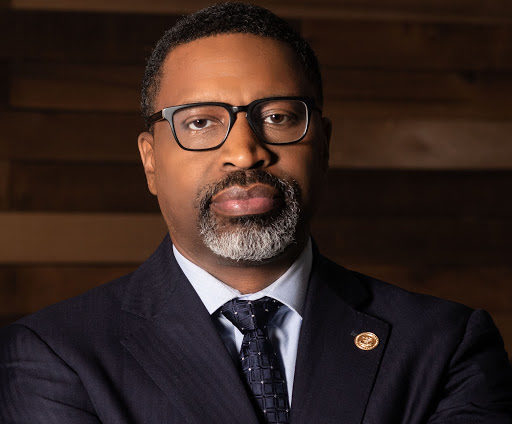
“There has to be representation and real recourse and commitment to undoing racial inequities,” said Ms. Lee, a diversity, equity and inclusion strategist and co-founder of the Black Movement Law Project, a legal project that provides legal and strategy assistance to Movement for Black Lives affiliates and human rights movements. “What we don’t need in these positions is people committed to the status quo. I think that we do need to pair people who understand how the system works with known changemakers. You can’t put in people unwilling to disrupt the norm,” added Ms. Lee.
Those demanding change have to demand up front and afterwards, she said. “Be clear that it’s not just about Black politicians holding these people accountable,” said Ms. Lee. “Black civil society needs to be doing the same. Collapsing both means we miss powerful messages.”
She said, sometimes she’s concerned that people don’t understand the complexities which lead to some conversations she describes as “ridiculous.”
“What are we really talking about? $1,200 doesn’t even pay people’s rent for a month,” she explained referring to stimulus payments. “We’re locked in battle with (Sen. Majority Leader Mitch) McConnell over a small amount of money because he doesn’t want corporations to be held accountable,” she continued, referring to employees who are forced to work and unfortunately contract the coronavirus.
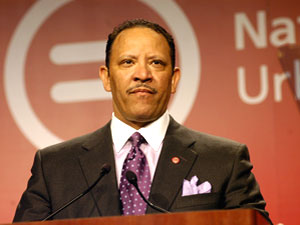
“We find ourselves locked in battles for a pittance when we really should be demanding real reform. Unfortunately, a lot of politicians get caught up in these itty, bitty little things,” Ms. Lee said.
All too often, activists, social justice advocates and critics like activist Netfa Freeman say, the real and substantive needs of African Americans, the working- and middle-class are ignored by the oligarchs and the political class.
“I think really that it’s more routine, par for the course on how imperialism and capitalism works,” said Mr. Freeman, an organizer with Pan-African Community Action (PACA) and a coordinating member for the Black Alliance on Peace. “The Democratic Party leadership have done a good job on the identity politics game. Black faces in high places doesn’t mean progress for Black people and what needs to be done has nothing to do with these types of moves. This has nothing to do with Biden and what he’s doing. It’s a systemic issue. They all are committed to capitalism, imperialism and the neoliberal agenda.”
The Black working class and people around the world seek a radically different existence than what American capitalism, neoliberalism and the pursuit of hegemony offer, said Mr. Freeman.
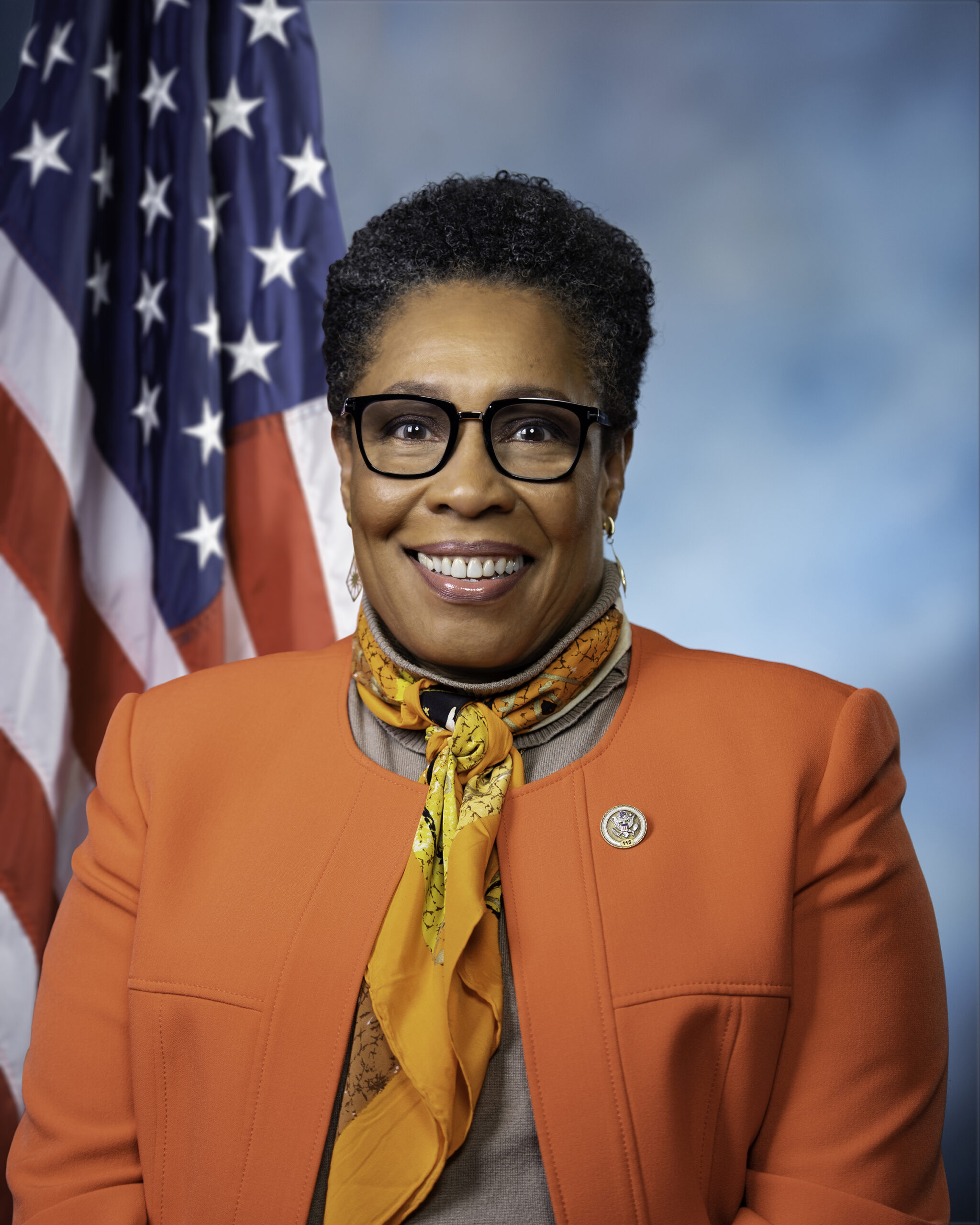
“The masses need universal healthcare, relief from extra-judicial killings by law enforcement, jobs for relief from the economic crisis which has been aggravated by the pandemic,” he said. “People are losing their homes, losing their jobs and there’s nothing online to mitigate this situation. You have people who are totally out of the system, who’re not counted, and the relief is completely inadequate.”
Mr. Freeman said establishment Democrats “could do a lot of things but it would be too much like socialism.”
“They are beholden to the hand that feeds them. It’s about money, kickbacks and the oligarchy,” he said. “They won’t go against (Jeff) Bezos and those making billions,” he said, referring to the billionaire owner of Amazon. “If we ensure job security and a living wage, it would go against those they’re beholden to.”
Mr. Biden met with civil rights leaders in a private conference call on Nov. 8 where in a leaked audio he said he would use his executive authority to undo many of President Donald Trump’s actions but said he wouldn’t take executive action to implement a progressive agenda.
Dr. Melina Abdullah, scholar, historian, and co-founder of the Los Angeles chapter of Black Lives Matter, said she’s disappointed but not surprised by Mr. Biden’s reticence.
“It’s important to remember that Biden is far more conservative than Obama is. He was brought in (as vice president) to placate White racist voters,” said Dr. Abdullah. “We shouldn’t be surprised that Biden isn’t more progressive. Well, I think that so far, what we’re seeing is an unwillingness to deal with and acknowledge radical Black individuals and groups. We’re the ones who elected him. He’s relied on symbolism and had a photo op with old-style leaders like Sharpton and Morial.”
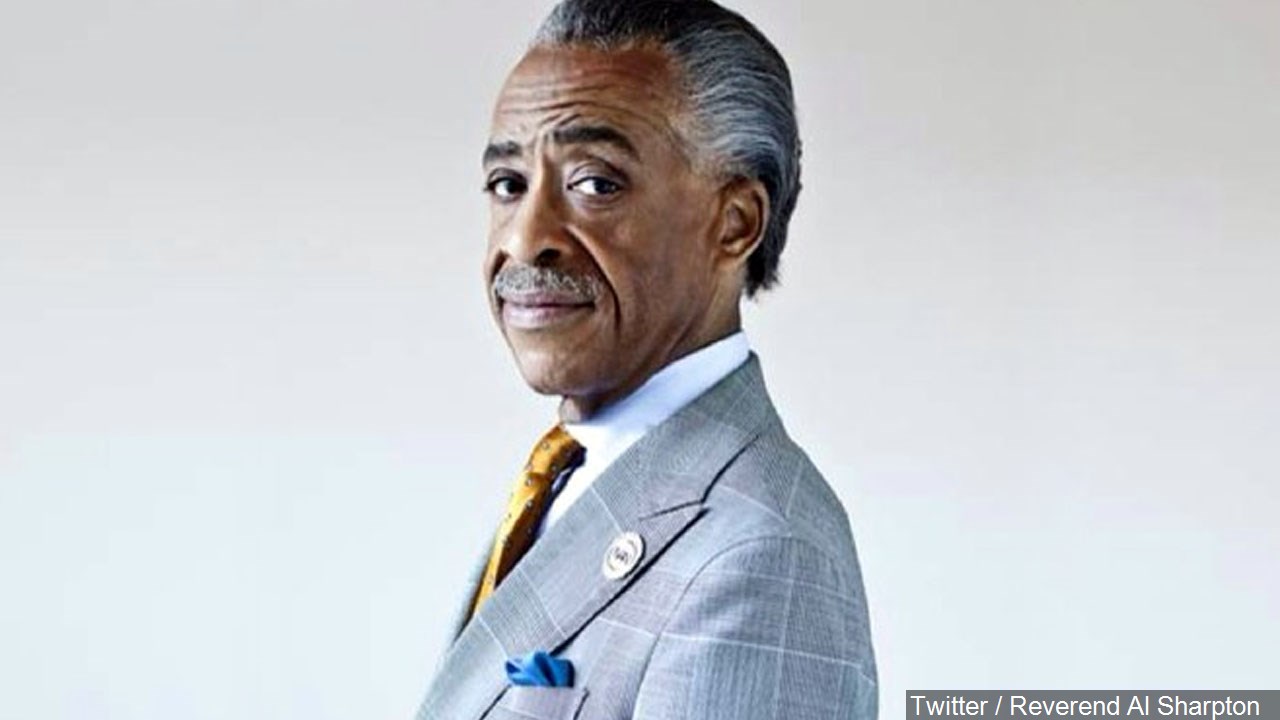
“There was talk about diversity but just because you have Black folks isn’t enough. He’s used words like racial equity, but what does it mean? The masses of Blacks voted for him, voted Trump out and they expect meaningful results.”
Dr. Abdullah said she embraces the strategy of pressuring political leaders on the streets and doing the same if you’re dealing with them face-to-face.
“Pressing an elected official doesn’t come from just meeting with them,” she said. “There’s an outside strategy that has to take place. It’s not just a conversation. We’re protesting Mayor Eric Garcetti at his house now. We launched a petition that has 7,000 signatures. And folks in Chicago are trying to block Rahm Emanuel too.”
Dr. Abdullah was referring to the almost two weeks of #blockgarcetti protests outside the mayor’s official residence. Demonstrators are trying to head off any possibility of Mr. Garcetti being given a role in a Biden cabinet because they say he has failed as a mayor and they disapprove of his handling of a number of issues, including transportation, homelessness and law enforcement.
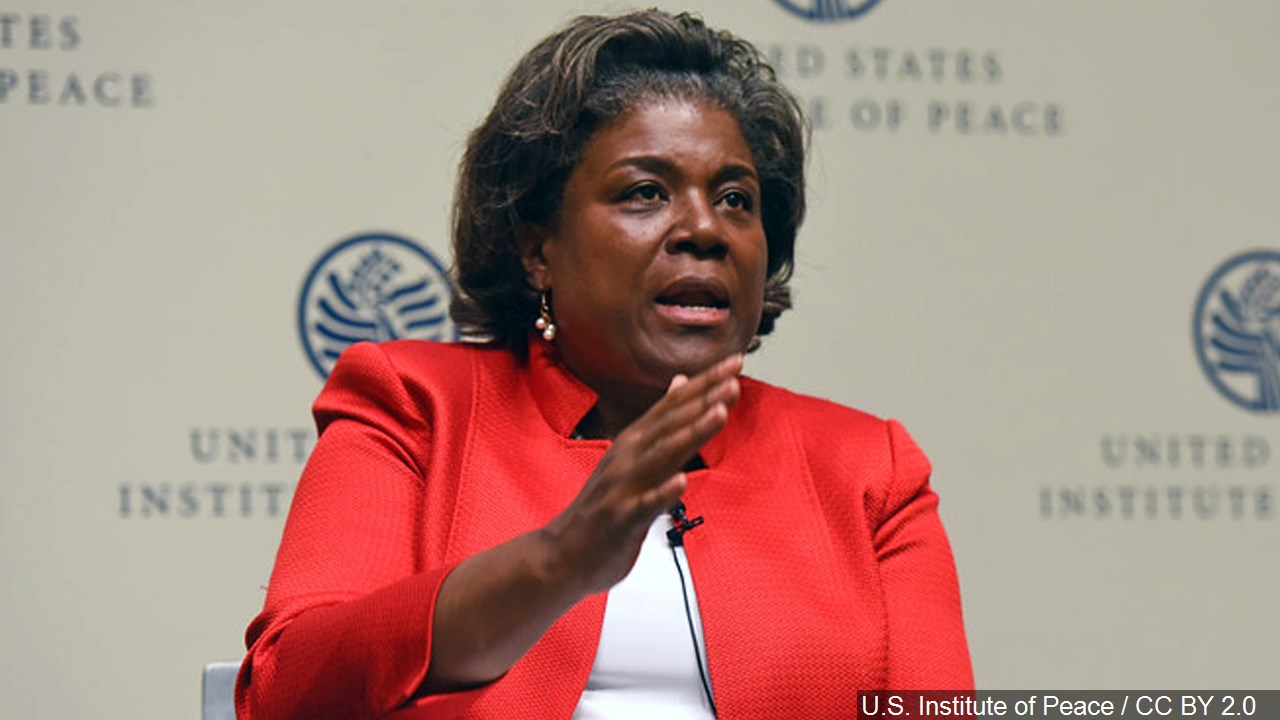
Progressive activist Ajamu Baraka is a harsh critic of the U.S. political system, its neoliberal agenda and the oligarchs who control it all. He is also unmoved by Mr. Biden’s assertion that he will rely on his cabinet and other administrators for their “bold new thinking.”
“I see nothing progressive about this cabinet. Keep in mind that any administration that sits in the White people’s house has an agenda. They’re advancing the interests of the White ruling class,” said Mr. Baraka, national director of the Black Alliance for Peace. “The only person who disrupted that somewhat was Donald Trump. He upset the global, neoliberal agenda and the entire ruling class rose up against him.”
Mr. Trump, Mr. Baraka said, used Twitter to keep in touch with his tens of millions of followers and tried a triangulation by giving the ruling class two things: an obscene military budget which was 54 percent more than the prior Defense Department budget with Democrats in Congress giving it $80 billion of the $1.2 trillion tax cut and he started moving against China.
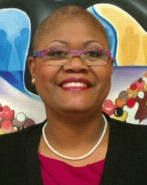
“This is what he did to survive,” explained Mr. Baraka, who was Jill Stein’s vice-presidential running mate for the Green Party in 2016. “Biden represents the traditional neo-liberal economy and political agenda. He’s the same as Barack Hussein Obama. The make-up of the Cabinet is really insignificant. It’s nothing but symbolic representation. It’s almost an insult. Two things happened in this election. Black folks mobilized to oppose Trump because he was seen as an existential threat. It was more an anti-Trump than pro-Biden vote,” argued Mr. Baraka.
Questioning the nature of democracy in the U.S. has to be on the table, he said.
“It is in fact (Martin) Gilens and (Benjamin I.) Page who proved empirically that in the U.S. there’s an oligarchy,” Mr. Baraka said. “We have two parties that monopolize and control the process legally. For example, Democrats went to court to push the Green Party out, had them removed from the ballots. We were on 46 ballots when we ran. They did a number on us. We were on 30 states in 2020. The plan is to limit voters to Democrats or Republicans.”
Ms. Lee and Dr. Abdullah talked about the potency and power of the legions of young people who voted in this year’s election, as well as the wide swathe of demonstrators and protestors who by the millions took to the streets this summer to demand racial justice and a public accounting by law enforcement.
“Kids lost their minds when they choked that man out,” Ms. Lee said of George Floyd’s murder in May. “They had no mentorship or organizational skills, but they took to the streets. They said they don’t give a f***. It was more about what they thought and felt than anything else.”
Dr. Abdullah said she’s extremely proud of the young activists who are part of the Black Lives Matter movement and who have been vocal and persistent in their demand that society, the political establishment and law enforcement be held to account. They, their allies and millions of people—who were sickened by the murder of George Floyd on May 25 by a group of cops from the Minneapolis Police Department— have ignited a racial reckoning. They forced the rest of the country to acknowledge the deep-seated structural and institutional racism that is baked into America’s DNA; to look honestly at the consequences for Black and brown people; and has made people reluctantly grapple with the scourge of the state-sanctioned murders of primarily unarmed Black women, men and children,” she explained.
“We’re very fortune that after George Floyd was murdered, people tried to think about how they could help,” Dr. Abdullah said about money donated to BLM. “Black Lives Matter is a volunteer-run organization. When people opened their books to help, they created the opportunity for us to build for the long term. We will build for the long term. We want to be deliberate and intentional. We want to be responsible for people’s money. I believe Black Lives Matter is my sacred duty. I do work for the liberation of the people.”
Alluding to the tensions in the movement, she said, “Everyone under BLM banner isn’t affiliated with BLM.”
But a Loyola Marymount University study which looked at trust for organizations found that Black Lives Matter garnered 78 percent support.
“No elected official or organization is as trusted as we are,” Dr. Abdullah said proudly. “We want to ensure that we move in a way that is consistent to people’s trust. We’re working with people on the ground who are trustworthy,” she added.
“There is a tremendous interest in reimagining public safety and the criminal justice system and public safety,” added Dr. Abdullah. “Even though Obama wanted to condemn ‘defund,’ it was a clarion call for BLM during the summer. More than 80 percent of respondents in the survey want to defund some parts of the police. Defunding doesn’t mean we don’t want public safety. I grew up in Oakland and remember when crack came. The police terrorized us, but it was the Fruit of Islam (FOI, the men of the Nation of Islam under the leadership of Minister Louis Farrakhan) that gave us the relief and protection we needed. Reimagining public safety means building strong Black communities …”












